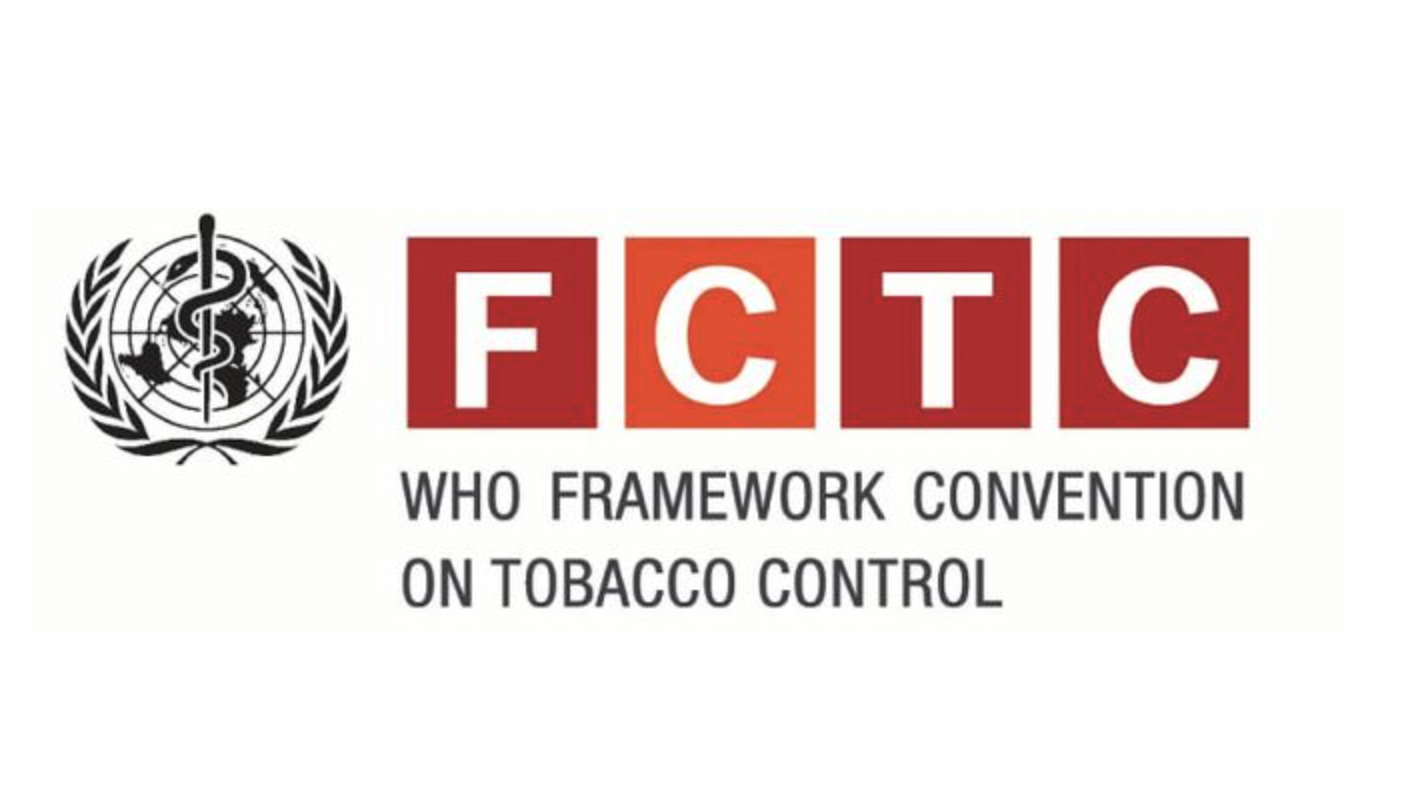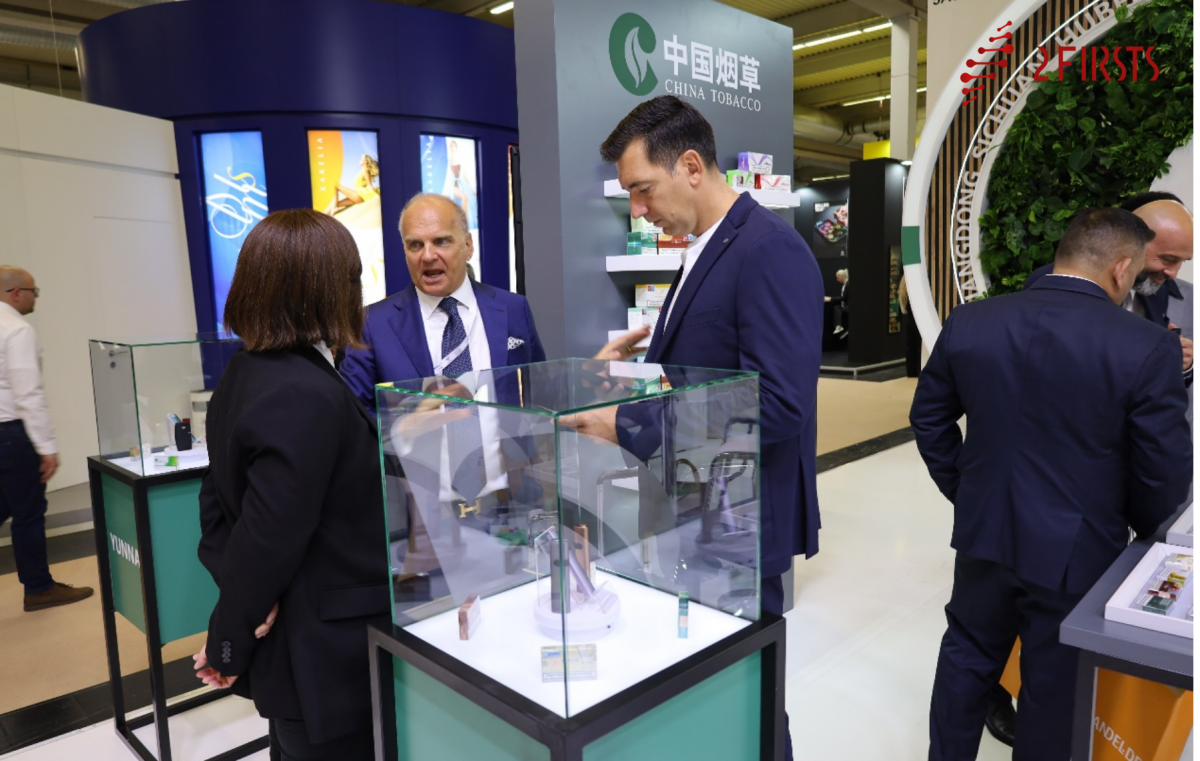Disclaimer:
This article represents the views and positions of the author and is only published for industry reference and learning. 2firsts is not responsible for the accuracy, reliability or completeness of the content contained.
According to a report from the Oriental Tobaccos, Chen Jingyi, the Director of Strategic Cooperation with China of Philip Morris International (PMI), visited the China State Tobacco Monopoly Administration (STMA) twice on May 15 and September 5. The meeting was attended by the Deputy Director of the National Bureau, as well as representatives from the Office of Foreign Affairs, the Development Planning Department, the Economic Operation Department, China Tobacco Sales Corporation, and China Tobacco International Limited.
From official reports, the formal position of "China Chief of Strategic Cooperation" at PMI has not appeared in previous reports. Whether or not she hopes to promote cooperation with China in the field of new tobacco is yet to be determined. However, despite PMI's significant patent investments in China, they have yet to fully capitalize on their value. In their comprehensive plan to replace traditional cigarettes with a "smoke-free world," China's absence will not be a hindrance.
Positive Impact of China's Policy Adjustment on Globalization of New Tobacco

China, as the largest traditional tobacco consumption market among FCTC members and the provider of almost 90% of the global electronic supply chain, wields significant influence over the development of new tobacco products such as e-cigarettes.
In November 2021, China revised the "Implementation Regulations of the Tobacco Monopoly Law" to include new tobacco products such as e-cigarettes under tobacco monopoly regulation.
Over the past two years, the State Tobacco Monopoly Administration has successfully formulated the "e-cigarette management measures" and corresponding regulatory rules, which have had a profound impact on the development of e-cigarettes and new tobacco in China.
This impact is not only targeted at the Chinese market. Influenced by China's e-cigarette legislation, other countries are starting to emulate China's experiences and accelerate the regulation of e-cigarettes. Philip Morris International (PMI) will also pay attention to these countries and legislative trends. By assessing the extent of China's influence, PMI will evaluate its impact on their global strategy.
The legislative trends in China and other developing countries, particularly regarding the heated tobacco issue, will impact Philip Morris International's (PMI) global smokeless alternative plans. If various voices influence the legislative considerations of the FDA and FCTC, PMI will face greater costs in researching and addressing compliance issues in different markets.
E-cigarette to Reach 2 Pivotal Turning Points
First, the FCTC conference will be held in Panama in November, where the position of e-cigarettes within the FCTC will be redefined. Philip Morris International (PMI) will naturally make every effort to advocate for a legal framework that categorizes heated tobacco products as less harmful alternatives to traditional tobacco. PMI will lobby the FCTC to support the role of heated tobacco as a tobacco control measure, in order to garner support from member states.
Philip Morris International (PMI) may potentially release its patents for free or under conditional licensing to middle-income and third-world countries, possibly including China. As traditional tobacco consumption in China accounts for nearly one-third of the global market, PMI needs China to express favorable opinions on heated tobacco versus traditional tobacco. However, without consensus, cooperation in the Chinese market will remain a distant possibility.
However, given the varied attitudes towards compliance and regulation in various countries, it is unlikely that the initial groundwork laid by the tobacco giants regarding "the potential of new technologies like e-cigarettes to help with smoking cessation" will go smoothly at the conference. Additionally, the FDA is unlikely to express a positive stance at the FCTC conference, considering that JUUL was banned last year and litigation may still be ongoing.
In addition, the environmental and energy consumption issues related to e-cigarettes and heated tobacco may ultimately become a weapon for defenders of traditional tobacco, who are unwilling to make concessions or changes.
Therefore, this year's Panama Conference is expected to be a complex negotiation involving multiple stakeholders, including nations, politics, capital, e-cigarettes, traditional tobacco, control, and development. The final outcome may possibly end up inconclusive. Influenced by domestic laws and interests of various countries, the most probable result is that the FCTC regulations will undergo minor revisions and be left pending for further discussion. The large tobacco companies will still hold sway over the FCTC and fail to achieve their desired goals. Philip Morris International (PMI) will likely slow down the construction of their "traditional tobacco museum" and postpone their smoke-free target.
In the coming months, the heated tobacco market in the United States will directly impact the global market landscape of Philip Morris International (PMI). This will be a significant development for PMI, as it will secure its position in the second largest market worldwide. PMI holds a clear advantage in this regard. With the patent battles against British and American tobacco companies settled, PMI has reduced its risks. By undergoing FDA scrutiny, its product iluma carries lower patent risks compared to IQOS, enabling PMI to introduce its latest offerings directly to the market. As the market share and profitability of iluma increase, it will expedite the complete withdrawal of Marlboro cigarettes.
Both direct and indirect changes in China will have an impact on the two aforementioned turning points. As the largest supply chain country for e-cigarettes, China's regulatory policy changes will directly and indirectly affect the market, including the growth and decline of the international market for e-cigarettes and heated tobacco. These developments will in turn influence companies' research and development investments and mergers and acquisitions in the e-cigarette and heated tobacco sectors.
PMI Faces Resistance in Replacing Traditional Cigarette with HNB
Heated tobacco, like traditional tobacco, must ultimately move towards being intensive, low consumption, highly safe, and standardized.
If Philip Morris International (PMI) holds onto its patents, the policies of many countries will inevitably be influenced. At this year's FCTC conference, we can expect to hear debates on heated tobacco devices, environmentally unfriendly metallic materials, and other related controversies. This is a foreseeable outcome.
If the process and equipment for heating tobacco cannot meet global standards, each company attempts to find a new approach, which will increase investment and consume more materials and energy. This will, in turn, create a burden on society's resource consumption due to reducing the health risks of traditional cigarette smoking.
For PMI, considering a higher level of open collaboration in terms of compliance, reduced harm, standardization, patent licensing, and the supply chain may be a better choice than aggressively dominating the market.
Returning to '2firsts,' Giants should Build Pragmatic 'China Strategy'
Over the past three decades, global tobacco giants have invested substantial resources in the Chinese market and engaged in various forms of collaborations, aiming to tap into the Chinese consumer market. However, their efforts have yielded limited results. Chinese-style cigarettes and domestic brands have firmly dominated the mainstream of the Chinese market.

PMI's booth at InterTabac|Source: 2FIRSTS
The emergence of new tobacco products has created new opportunities for international tobacco giants like PMI to collaborate with China's tobacco industry. Aside from the longstanding challenge of the domestic consumer market, this collaboration has the potential to extend into various areas such as research and development, supply chains, global tobacco control, and combatting illicit trade. However, in order to convert these potential opportunities into tangible collaborations, international tobacco giants need to establish a more pragmatic "China strategy." The key to unlocking this strategy lies in China's "2FIRSTS" spirit of prioritizing national and consumer interests above all else.

China Tobacco International (HK)'s booth at InterTabac|Source: 2FIRSTS
At the recently concluded InterTabac in Germany, China showcased a variety of heated tobacco products under the platform "China Tobacco International (HK)" to effectively promote its brand system. This move clearly indicates China's intentions and focus in the emerging field of new tobacco.
Now it's a call of action for PMI.
About the Author:
Counsellor Tang Shunliang is an expert in the field of new tobacco products such as cigarettes and e-cigarettes. He is also a senior economist specializing in the tobacco industry and has accumulated 15 years of experience in both industry work and research.

This document has been generated through artificial intelligence translation and is provided solely for the purposes of industry discourse and learning. Please note that the intellectual property rights of the content belong to the original media source or author. Owing to certain limitations in the translation process, there may be discrepancies between the translated text and the original content. We recommend referring to the original source for complete accuracy. In case of any inaccuracies, we invite you to reach out to us with corrections. If you believe any content has infringed upon your rights, please contact us immediately for its removal.

